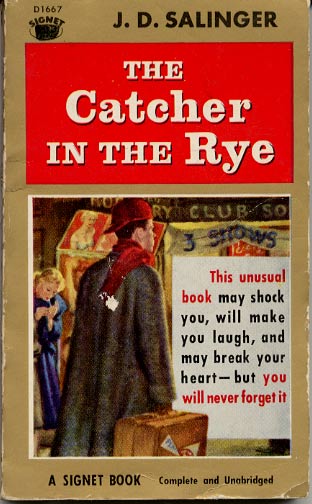
This quote just popped into my head after long hours of trying to compile what I thought would be appropriate for a blog. I originally thought my final blog of the night was going to be about T.S Eliot’s poem “Little Gidding” I decided to save this particular blog for tomorrow and write about a quote that has had signifagent importance in my life. The book “On The Road” by Jack Kerouac changed my life and turned me on to literature, so I figured for at least one of my blogs I should talk about it. At the time I had first read “On The Road” I was in sort of a pitfall in my life. I had just been kicked out of my high school and was sent to a reformatory school in Connecticut. As you can imagine this didn’t really sit to well with a high school senior destined for the best year of his life. I was assigned to read this book for my English class; I instantly connected with the mad man life style Kerouac was talking about. Prior to my reform school days I had been on my own for the past 3 years of my life due to parenting circumstances. My life was literarily “On The Road”. I knew after reading “On The Road” that this crazy son of a bitch was my hero. Kerouac allowed me to come to terms with the fact that I am a madman destined for a life that was impractical and uncommon. Road life is meant for only a few and I know I certainly meet that mold. So what do I gain from reading this quote now. Christ! I know I am still a ranting lunatic but in a far more subtle and calmed downed way. I have read more and I have learned more than having “On The Road” as my single bible. I look at it now more as something that represents a certain time and place. Coming back to this quote it reminded me of my on going metamorphoses. I am quite different coming back to this quote. I know this book is not where I started in my life but watching it change proves to me that my life is changing. As a salute to one of my favorite books and something that meant the world to me two years ago I am ending this blog with a farewell.
I am tired as hell and can’t write anymore








